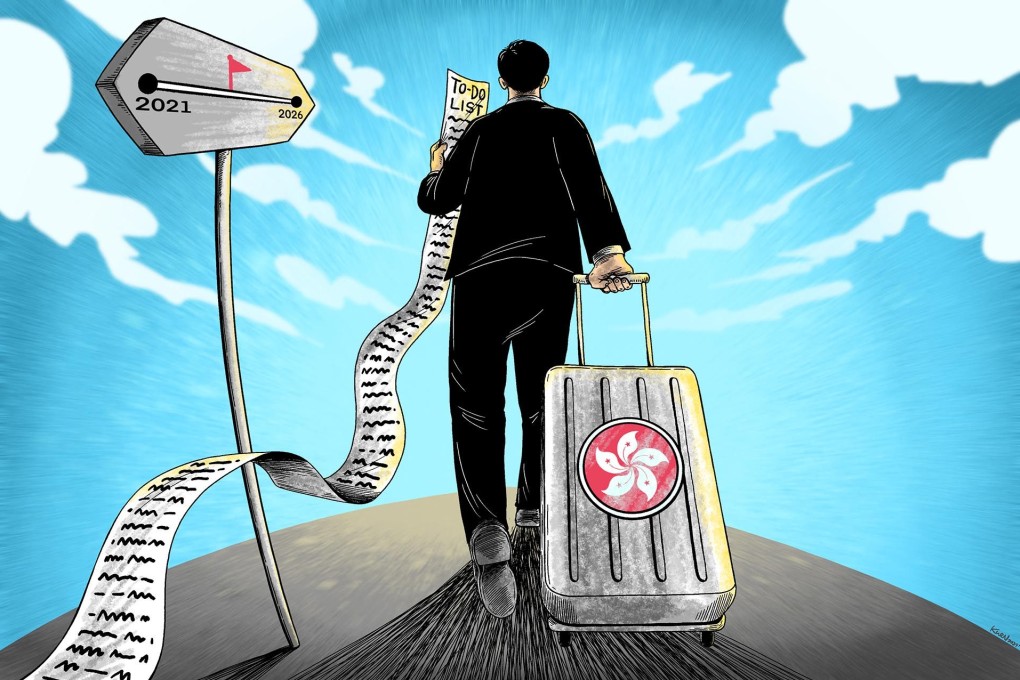Hong Kong leader John Lee charts economic path, but will geopolitics get in his way?
- After two years in job, chief executive believes city is back on right track, but anti-China rhetoric is likely to hurt business community

Confident that his administration has achieved “the turning point of the economy”, he told the Post the influx of talent to the city also indicated it was on the right track.
“What boosting tourism can accomplish is more visible, and it can translate to GDP growth more easily and create more job opportunities,” the insider told the Post.
The source said that promoting tourism would also help improve the world’s perception of Hong Kong as visitors experienced the city for themselves.
“They will realise that Hong Kong is safer, more vibrant and liberal than some Western media have portrayed it to be. You won’t be arrested on the street for criticising the government,” the official said.
By hosting mega events including major trade exhibitions and conventions, the government also hoped that “high value” visitors such as professionals and businesspeople would take home “good stories about Hong Kong”, the insider added.